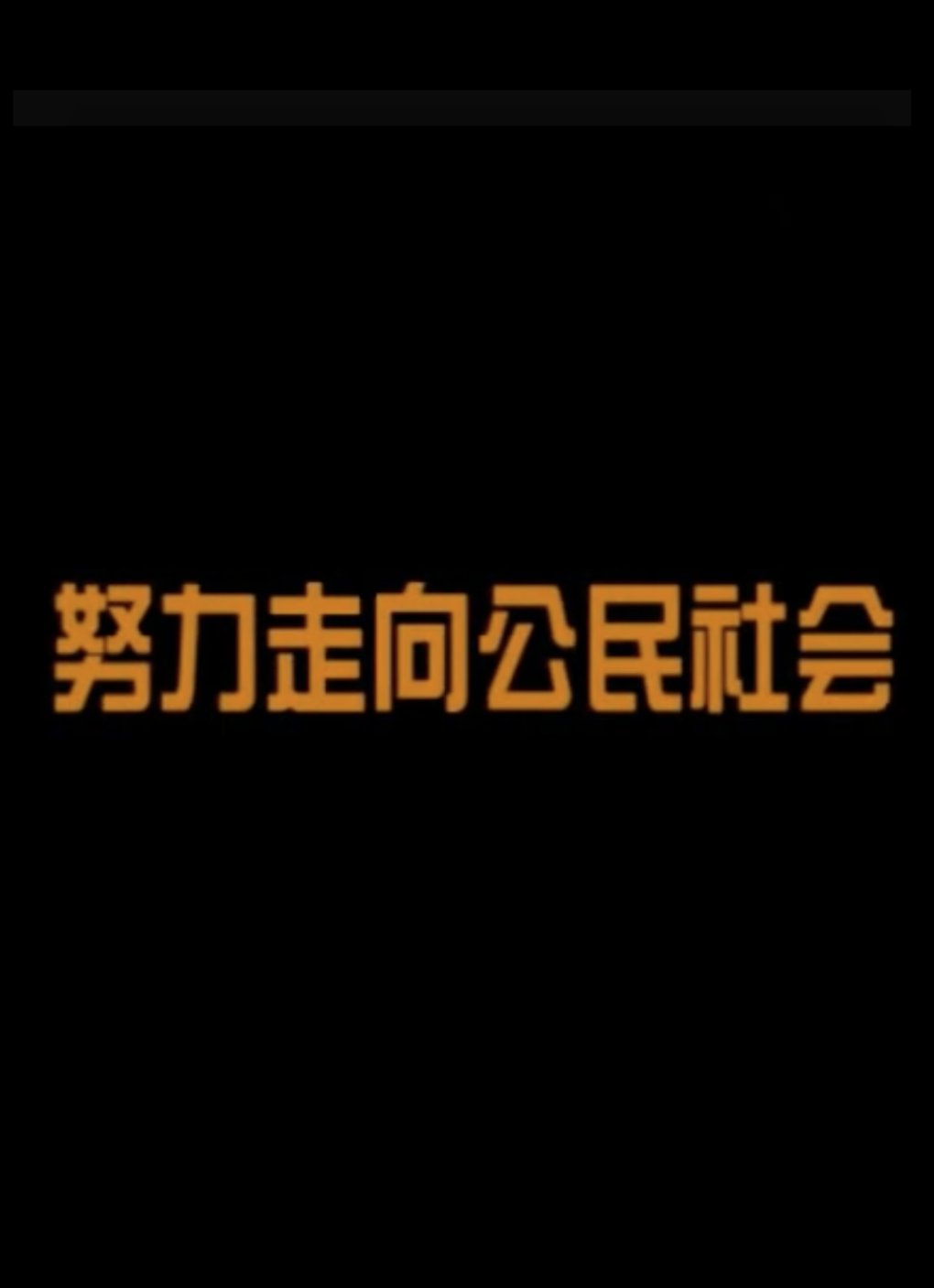Explore the collection
Showing 186 items in the collection
186 items
Book
Yangmou - The Beginning and End of the Anti-Rightist Movement
The revised edition of this book was published by *Open Magazine* in Hong Kong in 2007. The first edition was published in 1991 and was revised and reprinted twice, in 1993 and 1995. The book collects a large amount of information about the anti-rightist movement, including survey interviews with victims of the anti-rightist movement and their relatives and friends. It is a complete record of the anti-rightist movement, which comprehensively analyzes and discusses the whole process of the anti-rightist movement, as well as its ins and outs, causes and consequences. Regarding the number of "rightists," the statistics of the CCP authorities had been limited to 550,000 people. According to Ding Lyric's analysis, there were about 1.2 million people who were labeled as "rightists" in the Anti-Rightist Movement.
Book
Yangtze Yangtze
In March 1989, the book Yangtze Yangtze was published by the Guizhou People's Publishing House just as the Tiananmen student protests were about to begin in Beijing. The book fed into this intellectual ferment, challenging the technocratic reasons for the Three Gorges Dam, which eventually would dam the Yangtze River in the name of flood control and electrical power generation.
The book was edited by the journalist Dai Qing, the daughter of a well-known Communist Party activist and leader. The book challenged the project's decision-making process, with a broad array of scientists, journalists, and intellectuals arguing that it was not democratic and did not take into account all viewpoints. It was widely read in China and translated into foreign languages.
After the Tiananmen protests were violently suppressed, Dai Qing was arrested and imprisoned for ten months in Qincheng Prison as an organizer of the uprising. Yangtze Yangtze was criticized as “promoting bourgeois liberalization, opposing the Four Fundamental Principles (of party control), and creating public opinion for turmoil and riots.” The book was taken off the shelves and destroyed, with some copies burned. It became the first banned book resulting from the decision-making process of the Three Gorges Project.
The book is banned in China. The English-language edition can be read online at Probe International: https://journal.probeinternational.org/three-gorges-probe/yangtze-yangtze/.
Book
Zhao Ziyang’s Conversations Under House Arrest
In January 2007, Hong Kong Open Press published the book "Conversations of Zhao Ziyang under House Arrest". It was narrated by Zong Fengming and prefaced by Li Rui and Bao Tong. The narrator, Zong Fengming, is an old comrade of Zhao Ziyang. He retired from Beijing University of Aeronautics and Astronautics in 1990. From July 10, 1991 to October 24, 2004, using the name of a qigong master, Zong Fengming visited Fuqiang, who was under house arrest in Beijing. Zhao Ziyang, who lives at No. 6 Hutong, had hundreds of confidential conversations with Zhao Ziyang. This book is a rich account of these intimate conversations. Zhao Ziyang talked about the power struggle and policy differences within the top leadership of the CCP, his relationship with Hu Yaobang, his evaluation of Mao Zedong and Deng Xiaoping, his criticism of Jiang Zemin and Hu Jintao, Sino-US relations, the Soviet Union issue and Taiwan issues. He also conducted in-depth reflections on the history of the Communist Party.
Working toward a Civil Society
How can China build a real civil society? Since 2010, independent director Tiger Temple sat for a series of interviews with scholars and civil society actors.
Film and Video
Zhang Zhan Video Series of COVID-19 Outbreak in Wuhan
On 23 January 2020, the Chinese government imposed a lockdown in Wuhan. On February 1, Zhang Zhan took a train from Shanghai to Wuhan. From then until her arrest by the Shanghai police on May 14, Zhang Zhan continued to document the situation in Wuhan on video at the frontline of the pandemic. On February 7, she launched a YouTube channel under her real name and released her first video, “Claiming the Right to Freedom of Expression,” in memory of Dr. Li Wenliang and in solidarity with citizen journalists Chen Qiusi and Fang Bin, who had been taken away for reporting on COVID-19. She said in the video: “If Chinese citizens still do not have the right to freedom of expression,then we are all Li Wenliang." On the same day, Zhang Zhan received a phone call from Shanghai's state security agency threatening to quarantine her if she continued to speak out online, but she did not give in. By the time she was arrested, Zhang Zhan had posted 122 videos on <a href=”https://www.youtube.com/@%E5%BC%A0%E5%B1%95-y3p/featured”>her YouTube channel</a>. In the videos, she traveled around Wuhan at the height of COVID-19, documenting empty streets, the roar of funeral home incinerators late at night, the desperation of patients with no place to turn for medical care, the arbitrary deprivation of residents’ freedom of movement, and the chaotic and hypocritical nature of government policies. These videos show the world the reality of Wuhan in the early days of the outbreak, and are a precious record of history.





